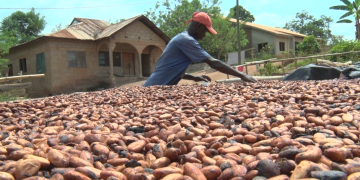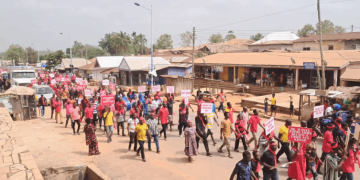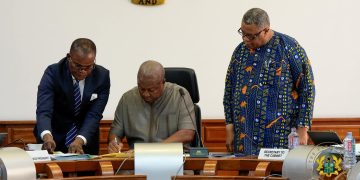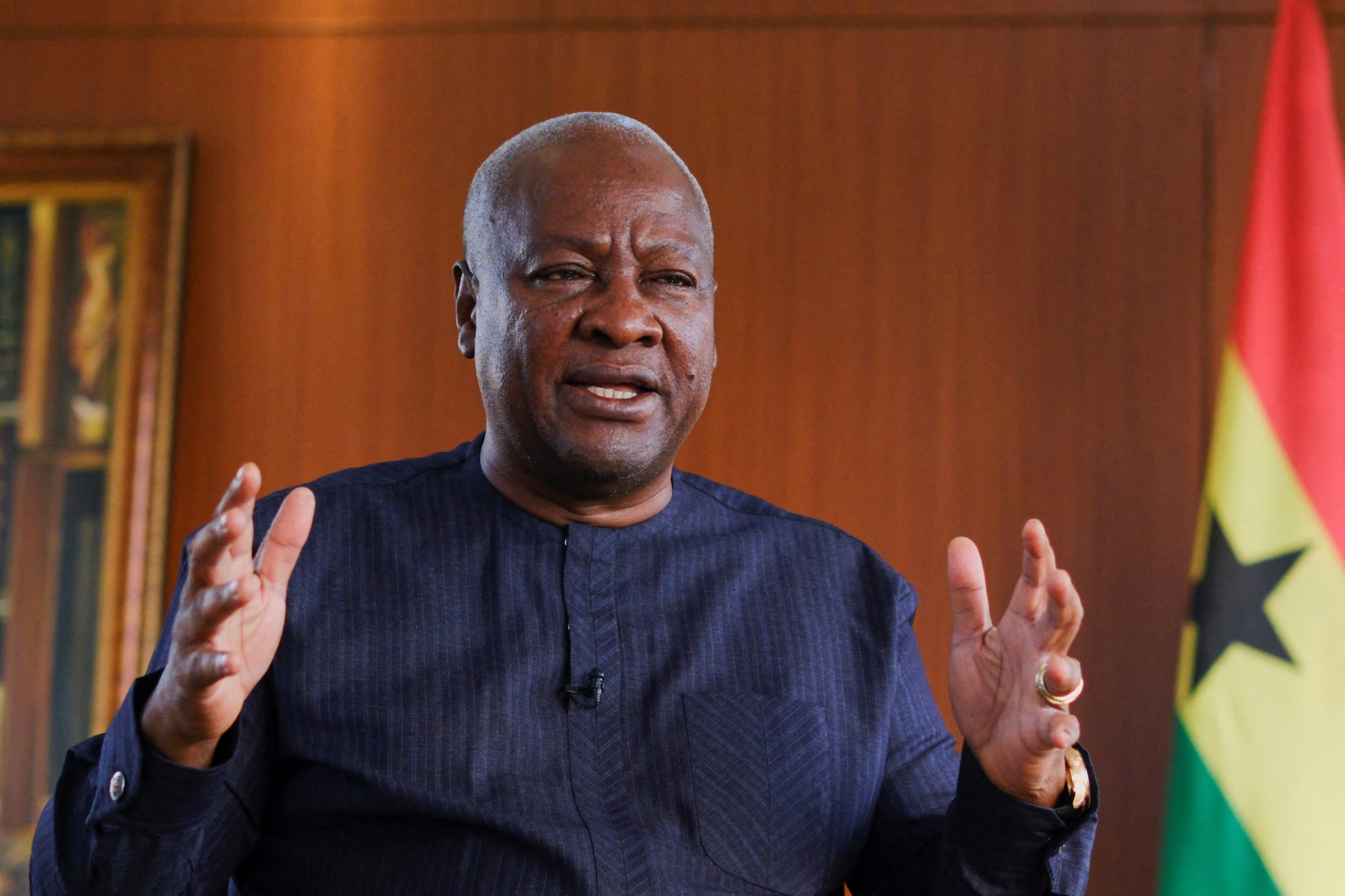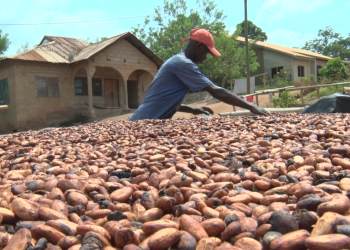The Minority Caucus in Ghana’s Parliament has strongly opposed the government’s recent decision to suspend the rollout of the contentious Energy Sector Levies (Amendment) Act, 2025.
The Ghana Revenue Authority (GRA) announced the suspension of this levy, which was initially set to commence on Monday, June 16, 2025.
In a statement released on Sunday, June 15, the Minority condemned the last-minute postponement, describing it as a clear sign of disorganized and inconsistent economic management.
They criticized the government’s approach as a “trial-and-error” method, highlighting a troubling lack of consultation with key stakeholders prior to the law’s enactment.
The government justified the delay by pointing to the volatility in global crude oil prices caused by the ongoing Israel-Iran conflict.
However, the Minority dismissed this reasoning as hypocritical, noting the government had previously criticized the Akufo-Addo administration for blaming global events for domestic challenges, yet now uses similar excuses for its policy reversals.
The statement emphasized “We consider it thoroughly reprehensible and profoundly hypocritical that the very Government which ruthlessly castigated the previous New Patriotic Party administration under His Excellency President Nana Addo Dankwa Akufo-Addo for attributing Ghana’s cconomic challenges to external factors namely the COVID-19 pandemic and the Russia-Ukraine conflict has now brazenly reversed course to cite the ongoing Middle Eastern crisis as justification for erude oil price volatility, thereby necessitating this postponement.
“This represents a stark contradiction, particularly given that President Akufo-Addo’s administration successfully implemented comprehensive cconomic recovery programmes, maintained Ghana’s democratic institutions, and delivered transformative infrastructure projects even whilst confronting these same global challenges,” they added.
Demanding urgent parliamentary action, the Minority called for the complete repeal of the levy, labeling the postponement as insufficient.
The minority stated “We emphatically call upon the Govermment to immediately table a repeal bill under certificate of urgency to comprehensively abolish the Energy Sector Levies
(Amendment) Act, 2025. The citizens of Ghana merit governance superior to an administration that imposes punitive taxation only to postpone implementation when confronted with legitimate publie opposition.”
The Minority also rejected government claims that the levy was essential to stabilizing the energy sector and addressing legacy debts.
“It bears emphasising that this Government initially justified the imposition of this (Dumsor Levy) by claiming it required the aceruing funds to ensure stability within the power sector and to service legacy debts accumulated within the energy sector.”
Furthermore, the Minority warned against attempts to blame any worsening power supply issues on the levy’s suspension.
“We categorically reject any attempt by this Government to utilise the Minority’s call for the repcal of this obnoxious levy as a pretext for exacerbating the power crisis they have themselves inflicted upon the nation since assuming office. The deteriorating state of
Ghana’s power supply under this administration cannot and must not be attributed to the
absence of this levy, particularly when the previous administration maintained stable power
supply without such fiscal impositions. Any worsening of the current power situation must be Iaid squarely at the feet of this Government’s incompetent management, not the absence of
punitive taxation. Ghanaians deserve both reliable electricity and freedom from excessive fiscal burdens objectives that are entirely compatible under competent leadership.”
Background:
The “Dumsor Levy” refers to the Energy Sector Levies (Amendment) Bill, 2025, which was passed by Ghana’s Parliament under a certificate of urgency on June 3, 2025 .
The primary objective of this bill was to amend the existing Energy Sector Levies Act, 2025 (Act 1135), to increase the rate of the Energy Sector Shortfall and Debt Repayment Levy.
The levy aimed to generate additional revenue to address Ghana’s significant energy sector debt, which stood at $3.1 billion (and required approximately $3.7 billion to clear all arrears) as of March 2025 . This debt accumulated from various issues, including unpaid bills to Independent Power Producers (IPPs), State Owned Enterprises, and fuel suppliers, as well as under-recovery of costs and insufficient gas supply.
The government argued that the levy was necessary to stabilize the power sector, prevent a full-blown power crisis, and ensure a stable power supply by providing a dedicated funding stream for essential fuel procurement and debt reduction.
Specifically, the levy proposed an additional charge of one Ghana Cedi (GHc1) on every liter of petroleum products . The government stated that it would attempt to neutralize the impact on pump prices through the strong performance of the Ghana cedi.
Source: www.kumasimail.com/ Kwadwo Owusu


